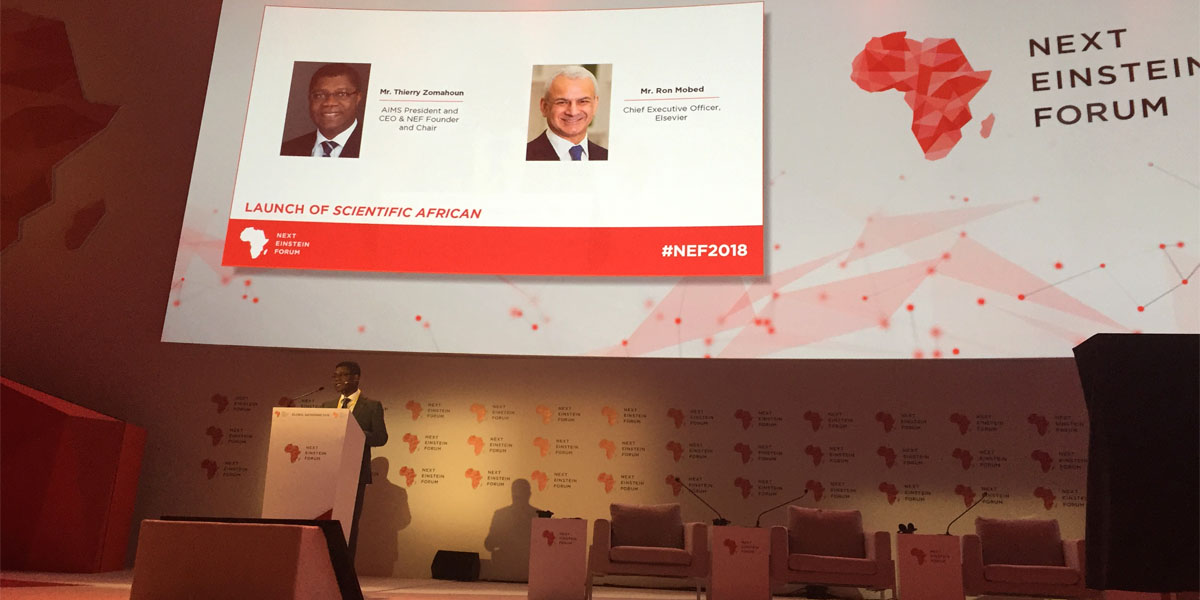Open Access plays a crucial role in advancing the United Nations Sustainable Development Goals (SDGs) by democratizing access to research, knowledge, and data. The core philosophy of Open Access is to make scholarly works freely available online, without most copyright and access restrictions. This concept aligns closely with several SDGs, notably Goal 4 (Quality Education), Goal 9 (Industry, Innovation, and Infrastructure), and Goal 17 (Partnership for the Goals).
Open Access enhances educational quality and lifelong learning opportunities (Goal 4) by providing educators, students, and self-learners across the globe with equal access to high-quality academic materials. This unrestricted access is crucial, particularly for individuals in developing countries, where educational resources are often limited. By enabling access to a wide range of learning materials, Open Access contributes to leveling the educational playing field, fostering a more informed and educated global population.
Regarding Goal 9, Open Access accelerates innovation and infrastructure development by facilitating the rapid dissemination of scientific knowledge and research findings. This free flow of information fosters collaboration among scientists, researchers, and practitioners, driving innovation more effectively and efficiently. Open Access publications are often cited more frequently, which increases the impact and reach of research, thereby enhancing the progress in scientific and technological innovation.
Open Access's contribution to Goal 17 (Partnership for the Goals) is also significant. The principle of sharing knowledge freely embodies the spirit of global partnership and cooperation that is essential for the achievement of all SDGs. Open Access breaks down barriers to information sharing, encouraging collaboration across countries and disciplines. This global exchange of knowledge is vital for addressing complex, international challenges, such as climate change, public health crises, and sustainable development.
However, the relationship between Open Access and the SDGs is not without challenges. The sustainability of Open Access models, equitable access across different regions, and quality control are ongoing concerns. For Open Access to fully contribute to the SDGs, these issues need to be addressed through collaborative efforts among governments, educational institutions, publishers, and international organizations.
Open Access is more than just an academic publishing model; it is a catalyst for social and economic development. By ensuring that everyone, regardless of their geographical location or economic status, has access to the latest research and knowledge, Open Access plays a vital role in advancing the United Nations Sustainable Development Goals.


